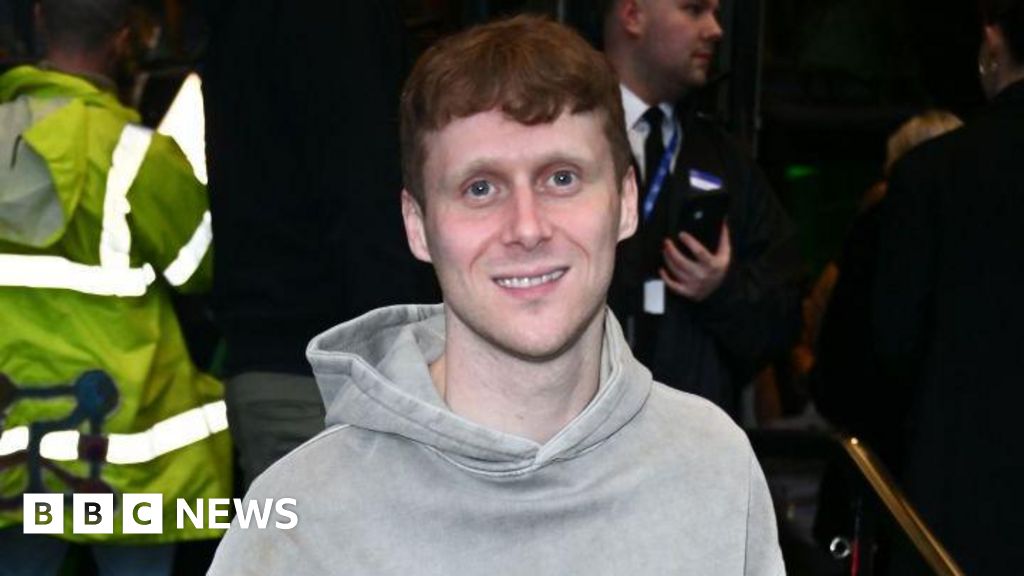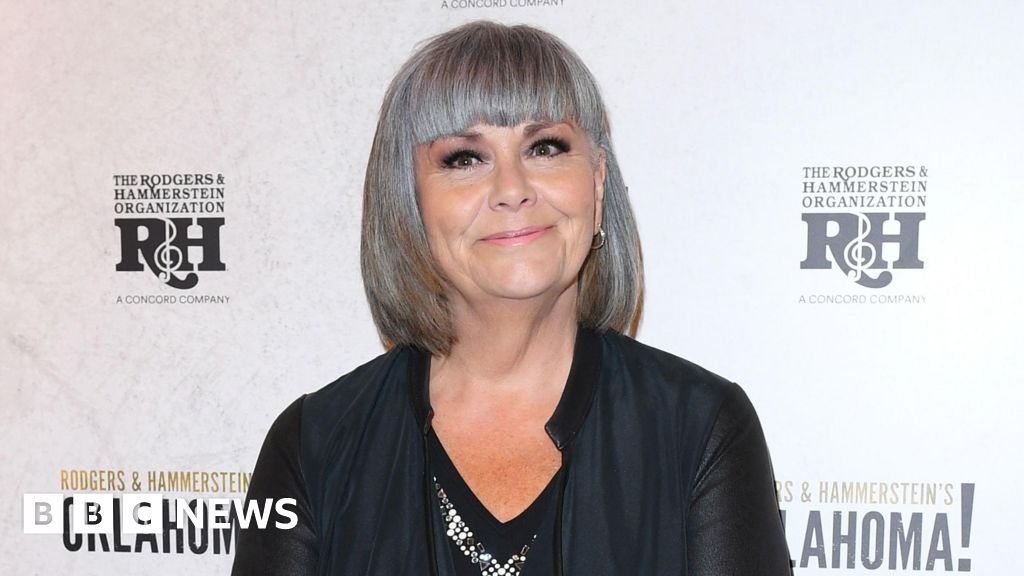ARTICLE AD BOX
Image source, PA Media
Image caption,The channel handed its proposals to the government earlier this year but has only just made them public
Channel 4 has published what its plan for jobs and programming would have been if it was not being privatised.
The government intends to sell off the channel, which is currently owned by the public but funded by advertising.
The network has now released details of how it would have planned to move more jobs out of London and strengthen its support for the creative sector.
The BBC has asked the Department for Digital, Culture, Media and Sport (DCMS) for a comment.
Signalling the government's intention to go ahead with privatisation, Culture Secretary Nadine Dorries said last week that Channel 4 faced "serious challenges" that were restricting its growth - and anyone "choosing to dismiss them" was "burying their head in the sand".
Image source, PA Media
Image caption,Nadine Dorries said Channel 4 faces "serious challenges" in a rapidly changing broadcast landscape
Channel 4 handed its proposals for an alternative to privatisation to the government earlier this year, and published them on Thursday under the title 4: The Next Episode.
Channel 4's proposals included:
- Retaining and strengthening its current model, under which Channel 4 does not make its own content, instead employing hundreds of independent production companies to make its programmes. Those companies keep the programme rights and can commercially exploit them after they have aired on Channel 4.
- Continuing to invest and create jobs outside London. That includes commissioning at least 50% of content from the outside the capital and doubling the number of staff outside London from 300 by 2023 to 600 by 2025. The network also suggested it could sell off its current London headquarters.
- Creating up to 250,000 training and development opportunities for young people who might not otherwise have a career in the media, potentially establishing a "4Skills School" outside of London.
The channel said its plan would contribute around £11bn to the UK economy every year and create 13,000 jobs, arguing that those numbers would be lower under privatisation, at around £8-10bn and 9,000-11,500 jobs.
Image source, Channel 4
Image caption,Derry Girls star Saoirse-Monica Jackson (centre) has spoken out against privatisation
Chief executive Alex Mahon told journalists: "We agree with the government on a number of things - the UK broadcasting industry does face immense challenges, and it's vitally important that we all do everything we can to ensure audiences can continue to enjoy great British content.
"We believe our vision, submitted to government earlier this year, a pretty radical evolution of Channel 4, presented an attractive, realistic and sustainable solution to meet those challenges."
'Disappointing' decision
Mahon championed the type of programming the network currently commissions, saying Channel 4 gave an outlet to successful programmes that would not have otherwise made it to air.
She noted that the producers and stars of programmes such as It's A Sin, Gogglebox and Derry Girls "are all on the record saying only Channel 4 would have taken a risk on those shows".
Mahon said the network "discussed [the proposals] in detail with government, and clearly it's not the choice they made".
She added: "I think that's disappointing and a shame for the UK creative industry, and I think I've laid out really clearly today numerically why I think that will make a negative impact on the creative industries across the UK."
The governments plan to privatise the network, which would see some money from the sale re-invested in the creative sector, has yet to go through the House of Commons and the House of Lords.
Mahon spoke warmly about Dorries, who she said is "well on top of her brief, and very clear in her views about what she wants to achieve in the broadcasting landscape".

 3 years ago
50
3 years ago
50








 English (US) ·
English (US) ·